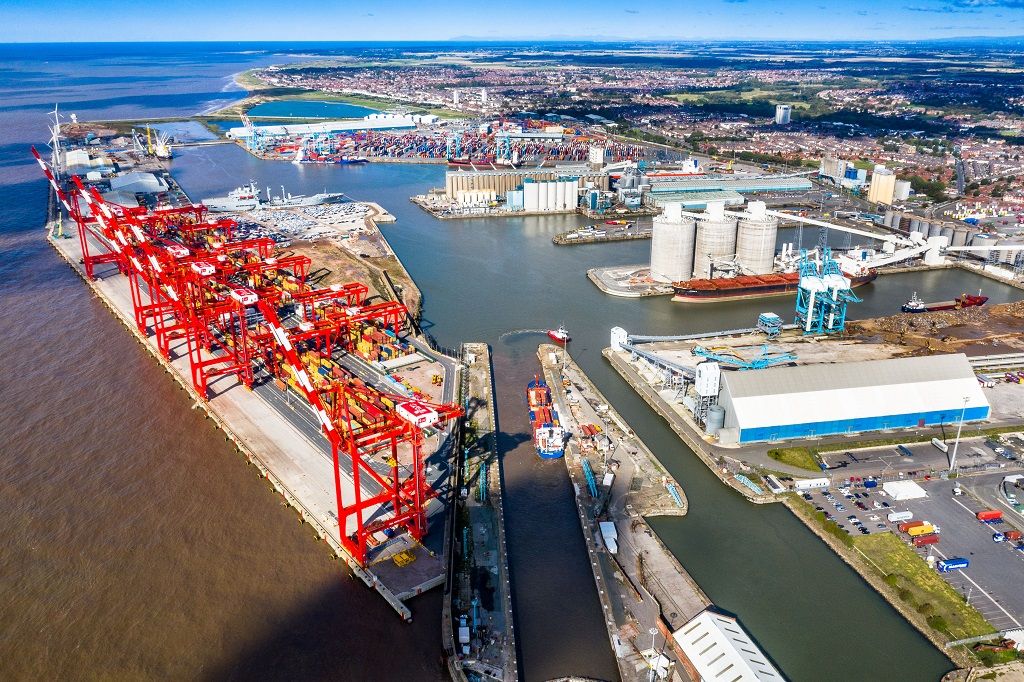
A new E.ON partnership will see the energy supplier deliver the “UK’s largest” roof-mounted solar project at the Port of Liverpool.
This is the “first of a number” of projects to arise following port operator Peel Ports Group announcing E.ON – the port’s energy supply for over 20 years – as one of its net zero partners this week (18 March).
The exact number of panels and project capacity is subject to final design sign-off, but E.ON estimated that as many as 63,000 panels could be installed, generating up to 31MW.
Installed on 26 buildings across the Port of Liverpool and generating up to 25% of the Port’s electricity the projects, E.ON expects the project to be the largest of its kind in the UK.
The 25-year agreement between Peel Ports Group and E.ON will see the energy supplier deliver and finance this project.
Claudio Veritiero, CEO at Peel Ports Group, said the port was “proud” to undertake this project alongside E.ON, stating it will revolutionise the Port of Liverpool’s energy system.
“Ports of the future need to become more sustainable environments, and we must play our part in a greener supply chain. There is still work to do, but this project is a huge step for Peel Ports Group in cutting emissions and driving our ambition to become a net-zero port operator by 2040,” added Veritiero.
A second part of the agreement will also see E.ON repower the existing River Mersey wind farm located at the port by replacing the five existing wind turbines with four new, larger turbines capable of generating close to 20MW.
Planning applications for the renewable project have been submitted to Sefton Council and Liverpool City Council.
“The Port of Liverpool is a critical piece of infrastructure for the UK, and decarbonising sites like this will be vital for the UK to achieve its environmental goals,” said Chris Norbury, E.ON UK CEO.
“Simply put, we all need to move faster on reducing emissions and this huge project will be a massive step in the right direction.”
Earlier this year, E.ON’s domestic service received £1 million in funding from the UK government towards its ‘Energy as a Service’, which will install low-carbon technologies, such as heat pumps, solar panels and battery storage, into at least 350 households.

